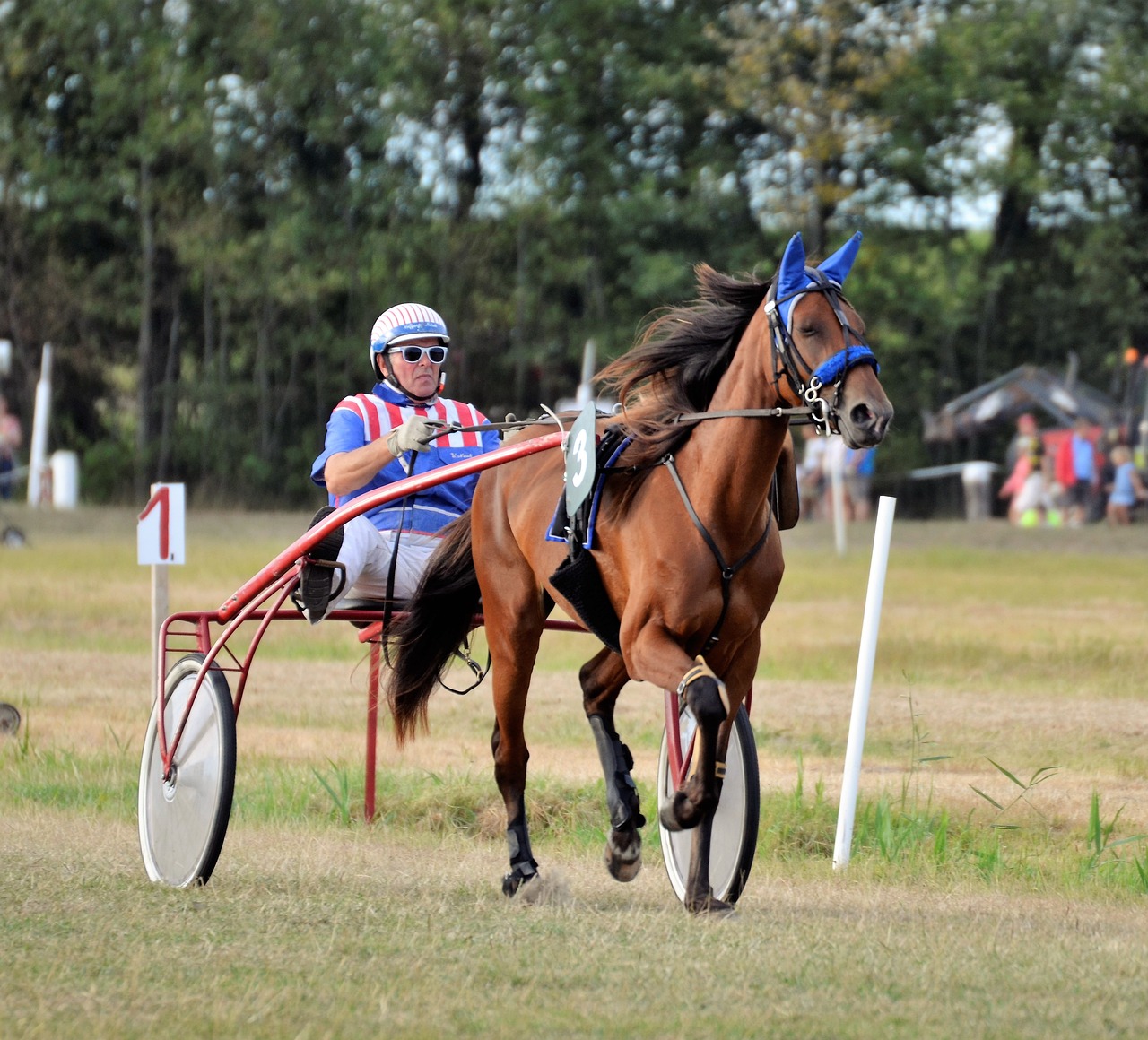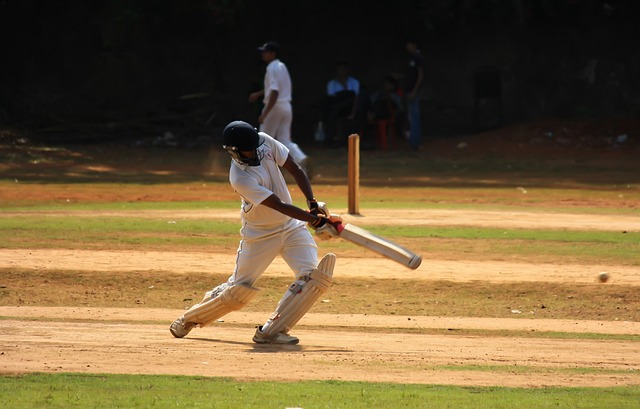Exploring Cricket’s Colonial Legacy and Post-Colonial Identity: Betbook250 login, Reddybook id, Playlotus365
betbook250 login, reddybook id, playlotus365: Cricket has long been considered the quintessential sport of the British Empire, with its roots firmly planted in the colonial past. Introduced to countries across the globe during the era of British imperialism, cricket’s legacy as a colonial sport has deeply influenced its development and the identity of nations that now play the game.
The Colonial Legacy of Cricket
The history of cricket is intertwined with the expansion of the British Empire, as the sport was used as a tool of cultural imperialism and a means of asserting British superiority over colonized peoples. The British brought cricket to their colonies in countries like India, Australia, South Africa, and the West Indies, where it quickly became a popular pastime among both colonizers and the colonized.
Cricket was not only a sport but also a way for the British to assert their dominance over native populations, with matches often serving as displays of power and control. The legacy of this colonial history can still be seen in the structure of cricketing institutions, the dominance of former colonial powers in international competitions, and the enduring popularity of the sport in countries that were once part of the British Empire.
Post-Colonial Identity in Cricket
While cricket may have been a symbol of colonial oppression in the past, it has also become a powerful tool for post-colonial nations to assert their own identity and autonomy. Countries like India, Pakistan, and the West Indies have embraced cricket as a national sport, using it to unite diverse populations and forge a sense of national pride.
Cricket has become a symbol of independence and anti-colonial resistance in many post-colonial nations, with victories on the cricket field serving as a source of national celebration and solidarity. Players from these countries have also used cricket as a platform to challenge colonial legacies and advocate for social change, both within the sport and in society at large.
Exploring the Intersection of Colonial Legacy and Post-Colonial Identity
The complex interplay between cricket’s colonial legacy and post-colonial identity is evident in the cultural significance of the sport in former British colonies. While the legacy of colonialism continues to shape the structures and power dynamics of international cricket, post-colonial nations have also embraced the sport as a means of celebrating their own unique identities and asserting their place on the global stage.
By exploring the rich history of cricket as a colonial sport and examining the ways in which it has been appropriated and reinterpreted in post-colonial contexts, we can gain a deeper understanding of the enduring legacy of imperialism and the resilience of nations in the face of colonial oppression.
FAQs
1. How did cricket become popular in former British colonies?
Cricket was introduced to countries like India, Australia, South Africa, and the West Indies during the era of British imperialism, where it quickly became a popular pastime among both colonizers and the colonized.
2. How has cricket been used as a tool of colonial oppression?
The British used cricket as a means of asserting their dominance over native populations, with matches often serving as displays of power and control.
3. In what ways has cricket been appropriated in post-colonial nations?
Post-colonial nations have embraced cricket as a national sport, using it to unite diverse populations and forge a sense of national pride. Victories on the cricket field have become sources of national celebration and solidarity.
4. How do players from post-colonial nations use cricket to challenge colonial legacies?
Players from post-colonial nations have used cricket as a platform to advocate for social change and challenge colonial power structures both within the sport and in society at large.





